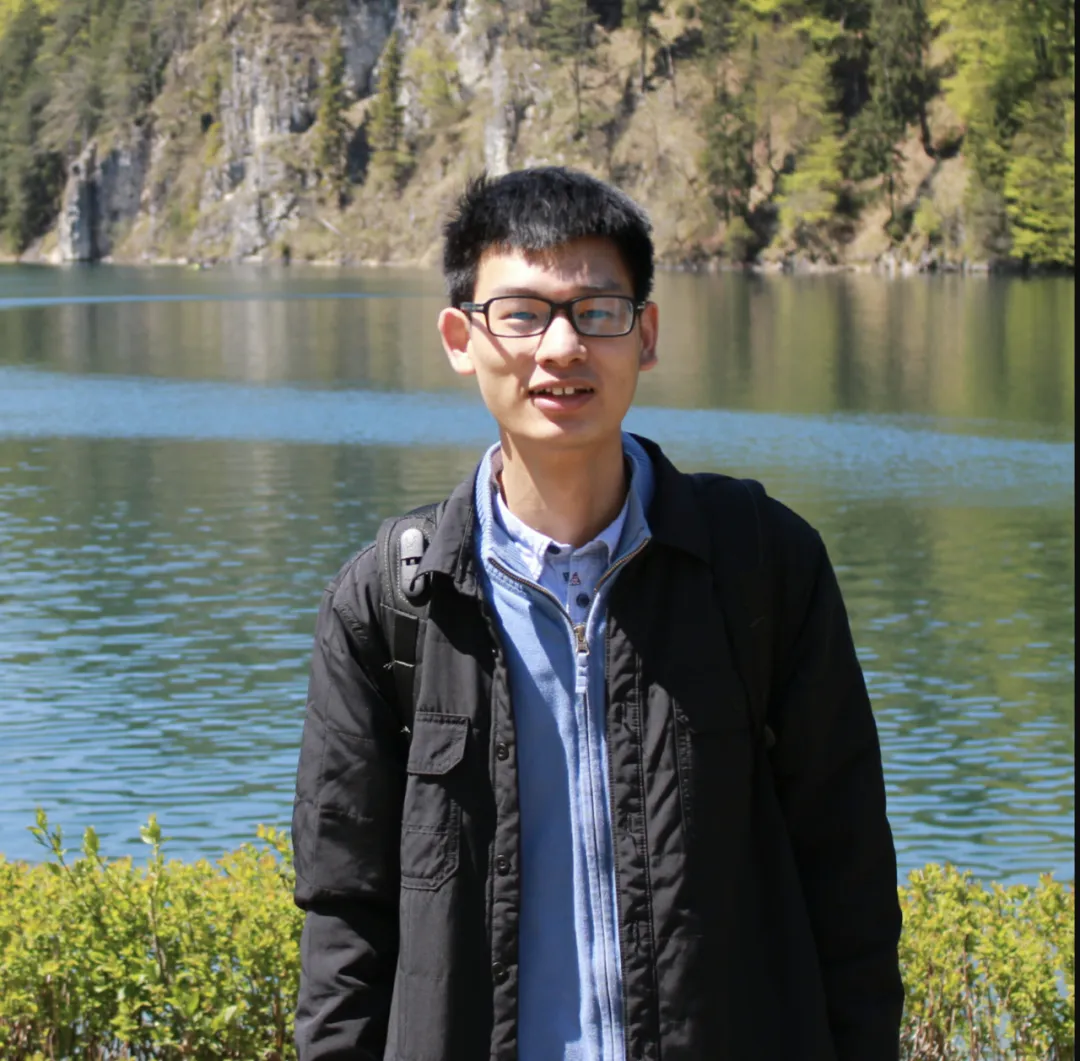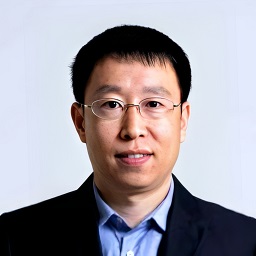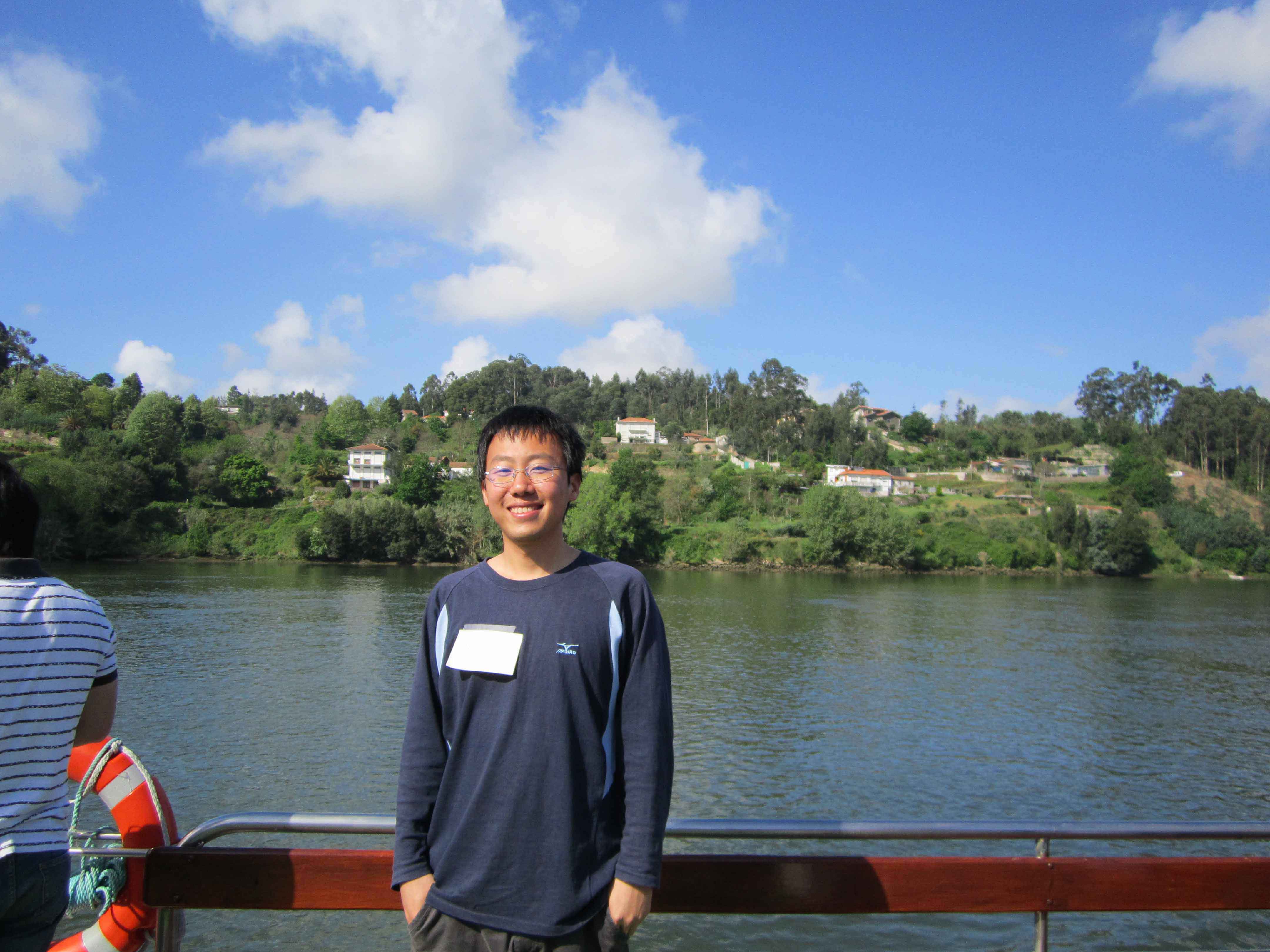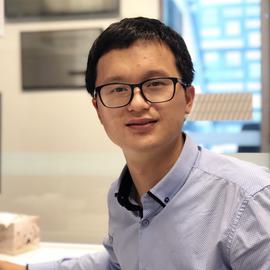INTRODUCTION
Recent years have witnessed the fast development of the emerg- ing topic of Graph Machine Learning for Recommender Systems (GML4Rec). GML4Rec employs advanced graph machine learning approaches to model users’ preferences and intentions on items as well as items’ characteristics for improving the recommenda- tion performance. Different from other RS approaches, including content-based filtering and collaborative filtering, GML4Rec ap- proaches are built on graphs where the important objects, e.g., users, items and attributes, are either explicitly or implicitly con- nected. With the rapid development of graph learning techniques such as GNNs, exploring and exploiting the homogeneous or het- erogeneous relations in graphs is becoming a promising direction for building more effective RS. Meanwhile, by matching the demon- strated challenges to the research progress already achieved, we have some open research directions need to be further explored, e.g., interpretability, fairness, and large-scale adaptability for GML4Rec. Therefore, we propose the GML4Rec workshop at ICDM’23, which provides a venue to gather both the academia and industry re- searchers/practitioners to present the recent progress of GML4Rec
TOPICS OF INTEREST
In this
workshop, we aim to discuss the latest research advances in the the-
oretical foundations and practical application methods of GML4Rec.
We invite submissions that focus on recent advances in the re
search/development of GML4Rec along with their applications.
Theory and methodology papers are welcome from any of the
following areas, including but not limited to:
• Graph machine learning enhanced collaborative filtering
• Graph machine learning for sequential recommendation
• Graph machine learning for Recommender Systems by incor
porating side information
• Graph machine learning strategies/algorithms for Recommender
Systems
• Graph machine learning architectures for Recommender Sys
tems
• Graph machine learning for self-evolutionary Recommender
Systems
• Graph machine learning for explainable/interpretable Recom
mender Systems
• Graph machine learning for robust/fair Recommender Systems
• Online graph machine learning based Recommender Systems
and applications papers focused on but not limited to:
• E-commerce platforms
• Streaming platforms
• Social networks
• Food and beverage
CALL FOR PAPER
We invite the submission of regular research papers (max 8 pages plus 2 extra pages), including all content and references. Submissions must be in PDF format, and formatted according to the new Standard IEEE Conference Proceedings Template. We especially invite submissions for dedicated efforts for developing more advanced techniques that are able to advance the technologies of graph construction, information propagation, and side attributes aggregation in GML4Rec, and further promote the research activities in interpretability, robustness, fairness, self-evolution, and large-scale adaptability for realizing desired GML4Rec. For more questions about the workshop and submissions, please send email to ruochen1003@foxmail.com . The submission link is GML4Rec2023
DATES (TENTATIVE)
● Workshop papers submission: September 15, 2023
● Notification of workshop papers acceptance to authors: September 24, 2023
● Camera-ready deadline and copyright form: October 1, 2023
● Workshop Day: December 4, 2023
SPEAKER

Yao Ma
BUPT
Yao Ma is an Assistant Professor in the Department of Computer Science at the Rensselaer Polytechnic Institute (RPI). Before joining RPI, he worked as an Assistant Professor at New Jersey Institute of Technology (NJIT) for two years. He received his Ph.D. in Computer Science from Michigan State University (MSU) in 2021, with a focus on machine learning with graph-structured data. His research contributions to this area have led to numerous innovative works presented at top-tier conferences such as KDD, WWW, WSDM, ICLR, NeurIPS, and ICML. He has also organized and presented several well-received tutorials at AAAI and KDD, attracting over 1000 attendees. He is the author of the book "Deep Learning on Graphs", which has been downloaded tens of thousands of times from over 100 countries. He was awarded the Outstanding Graduate Student Award (2019-2020) from the College of Engineering at MSU.
Graph Machine Learning (graph ML) is a rapidly growing field in Data Science and Artificial Intelligence that holds great potential for intelligent advancements in various applications. Recent advances in graph ML have been centered around Graph Neural Networks (GNNs). The extensive exploration and broad adoption of GNNs have led to an initial series of successes in numerous applications. However, the limitations of vanilla GNNs, including their vulnerability to adversarial data perturbations and limited applicability to diverse graph types, have been exposed. To address these challenges, in this talk, I will present a unified framework of GNNs by connecting them with the graph signal denoising problem. This framework offers a novel and principled approach to designing GNN architectures that meet various demands. I will illustrate the versatility and potential of the unified framework with some examples. In particular, I will describe how to design intrinsically robust GNNs with this unified framework.
Hongzhi Yin
University of Queensland
Zhewei Wei is a Professor at the Gaoling School of Artificial Intelligence, Renmin University of China. He received his BSc at the School of Mathematical Sciences, Peking University, in 2008 and his Ph.D. at the Department of Computer Science and Engineering, the Hong Kong University of Science and Technology, in 2012. After that, he worked as a Postdoc at MADALGO, Aarhus University, from 2012 to 2014. He joined Renmin University of China and worked as Associate Professor since 2014, and was promoted to professor in 2019. He joined the Gaoling School of Artificial Intelligence in 2020. He has published over 60 papers in top conferences and journals (e.g., SIGMOD, VLDB, ICML, NeurIPS, KDD, SODA) in the database, theoretical computing, data mining, machine learning, etc. He received the Alberto Mendelzon PODS 2022 Test of Time Award and served as the chair of PODS, ICDT, the field chair of ICML, NeurIPS, WWW, and the young scientist of Pengcheng Lab, Guangzhou, China. His Ph.D. students were awarded Baidu Scholarship 2021 (10 worldwide) and Microsoft Scholar 2022 (12 in Asia Pacific).
In recent years, research on analyzing and mining graph data by machine learning methods has received increasing attention due to the significant expressive power of graph-structured data. Graph Neural Networks(GNNs), a family of deep learning-based methods for processing graph data, have shown excellent performance in many fields and have become a widely used method for graph analysis. Among them, spectral-based GNNs are an important class of methods that design and learn different graph convolutions in the Laplacian spectral domain with good theoretical guarantees and interpretability. In this talk, we will introduce relevant tasks and some frontier applications of GNNs. Then we will discuss the theoretical foundation of spectral-based graph neural networks in terms of graph Fourier transform, design of graph convolution, and polynomial approximation of graph filters. Finally, we will introduce some work we have done in spectral-based graph neural networks and offer an outlook for future work.
PC member
We plan to invite the following researchers to serve as the PC
members for the GML4Rec workshop at ICDM’23.
• Chao Huang, chuang@cs.hku.hk, The University of Hong Kong
• Xiao Wang, xiaowang@bupt.edu.cn, Beihang University
• Yanjie Fu, yanjie.fu@ucf.edu, University of Central Florida
• Chaozhuo Li, cli@microsoft.com, MSRA
• Liang Chen, chenliang6@mail.sysu.edu.cn, Sun Yat-Sen Uni
versity
• Jianliang Gao, gaojianliang@csu.edu.cn, Central South Univer
sity
• Hao Peng, penghao@buaa.edu.cn, Beihang University
• Yan Zhao, yanz@cs.aau.dk, Aalborg Universitet
• Dongxiao He, hedongxiao@tju.edu.cn, Tianjin University
• Yanwei Yu, yuyanwei@ouc.edu.cn, The Ocean University of
China
• Guixiang Ma, uixiang.ma@intel.com, Intel Labs
• Yingtong Dou, vidou@visa.com, Visa Research
• Yuan Fang, yfang@smu.edu.sg, Singapore Management Uni
versity
• Xiang Wang, xiangwang@ustc.edu.cn, University of Science
and Technology of China
• Hechang Chen, chenhc@jlu.edu.cn, Jilin University
• Xiaotian Han, han@tamu.edu, Texas A&M Unversity
• Junbo Zhang, msjunbozhang@outlook.com, JD Intelligent Cities
Research
• Lingfei Wu, lwu@email.wm.edu, Pinterest
• Beatrice Bevilacqua, bbevilac@purdue.edu, Purdue University
• Harry Shomer, shomerha@msu.edu, Michigan State University
AGENDA
Join us for our workshop on Day1:Friday, December 1, 2023, in Room 10.And here is the agenda.
| Time (Beijing Time) | Title | Presenter/Author |
| 14:30-14:35 | Opening Remarks | Organizers |
| 14:35-15:15 | keynote1:Understanding and Enhancing Graph Neural Networks with A Unified Framework | Yao Ma |
| 14:15-15:55 | keynote2:Graph Convolutional Networks: Theory and Fundamentals | Zhewei Wei |
| 15:55-16:07 | Unbiased and Robust: Exernal Aftention-enhanced Graph Contrastive Leaming forCross-domain Sequential Recommendation | Xinhua Wang, Houping Yue.Liancheng Xu, and Jinyu Zhang |
| 16:07-16:19 | GNN-GMVO: Using Graph Neural Network for Optimizing Gross MerchandiseValue in Similar Item Recommendation | Ramin Giahi Reza Yousefi MaraghehNima Farrokhsiar, Jianpeng Xu, JasonCho, Evren Korpeoglu, SushantKumar, and Kannan Achan |
| 16:19-16:31 | Review-Enhanced Sequential Recommendation with Self-Attention and Graph Collaborative Features | Yunqi Hong and Wei Ye |
| 16:31-16:43 | Heterogeneity-aware Cross-school Electives Recommendation: a Hybrid Federated Approach | Chengyi Ju, Jiannong Cao, Yu YangZhen-Oun Yang and Ho Man Lee |
| 16:43-16:55 | An in-depth analysis of robustness and accuracy of recommendation systems | laonan lla Can wang unwei ZhaoLuhua Wang. Kiulian Cao, JinyinChen Han Han and Meichen Liu |
| 16:55-17:00 | Closing Remarks | Organizers |
ORGANIZERS

Senzhang Wang
Central South University

Di Jin
Tianjin University

Changdong Wang
Sun Yat-sen University

Shirui Pan
Griffith University